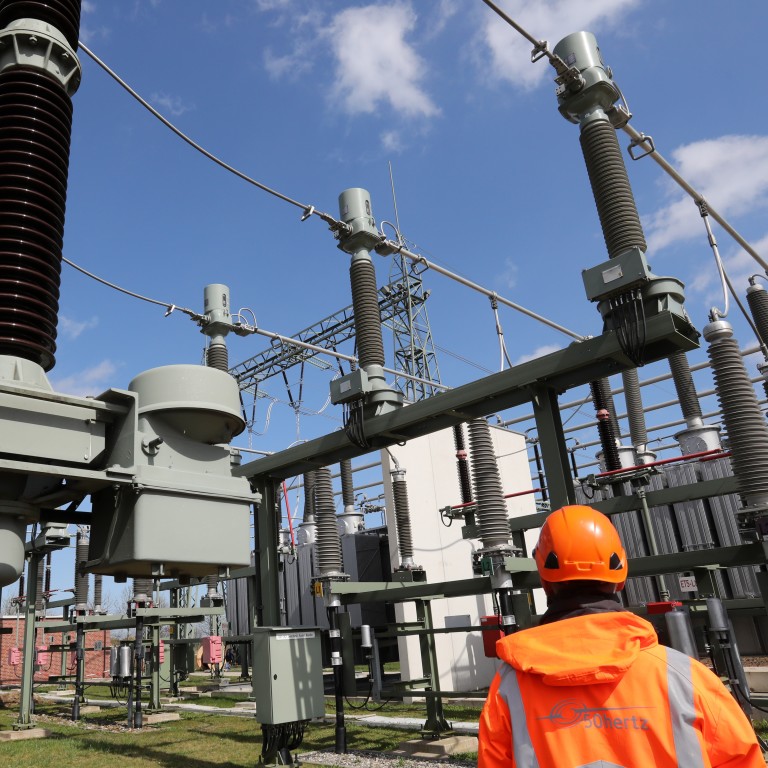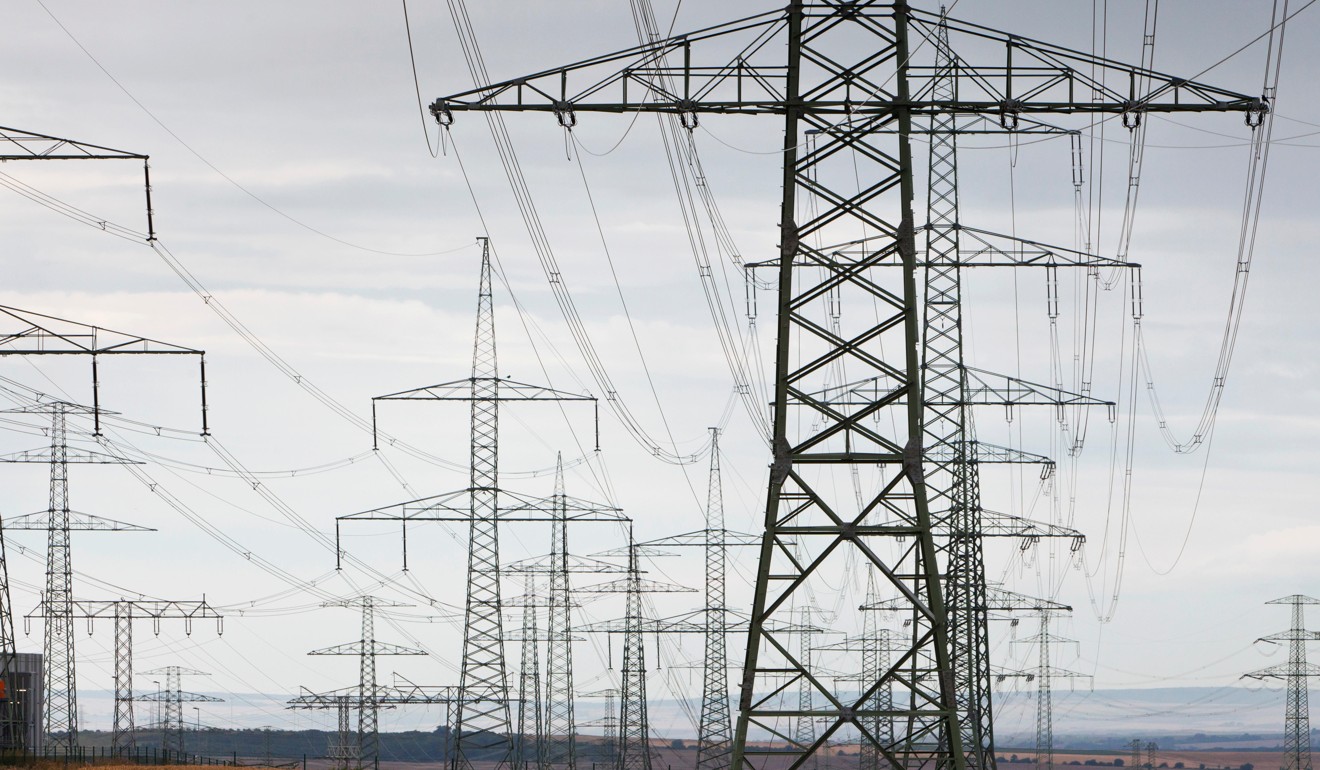
With eye on China, Germany tightens rules for non-EU buyouts to protect its ‘legitimate security interests’
- German government’s decision to lower review threshold from 25 per cent to 10 per cent of stock in strategically important companies upsets business community
Germany announced on Wednesday that it was preparing to tighten rules on non-EU purchases of shareholdings and the broader acquisition of its companies as disquiet about takeovers by Chinese firms grows.
It plans to lower the threshold where reviews apply to foreign purchase offers of 10 per cent of companies, down from 25 per cent.
Germany and other EU states have voiced concern in recent years as Chinese companies have bought, or bought controlling stakes in hi-tech firms, airports and seaport operations.
The update to the Foreign Trade Regulation would strengthen government powers to review and possibly block foreign purchases in companies that are crucial to Germany’s defence or “critical infrastructure”.
This would include military, IT security and power companies but also, for example, food producers, the business daily Handelsblatt reported.
“The test criterion is whether an acquisition endangers the public order or security of the Federal Republic of Germany,” an economy ministry spokesman said.
Chinese billionaire is now biggest single stakeholder in Daimler
Alarm has grown in Germany about losing valuable know-how since Chinese appliance giant Midea in mid-2016 took over German industrial robotics supplier Kuka.
In mid-2017, Germany tightened scrutiny of non-EU takeovers of companies, doubling to four months the time for reviews, and broadening the range of sectors.
In February, Germany raised no objections when Chinese billionaire Li Shufu bought a near 10 per cent stake in the Mercedes-Benz parent company Daimler.
However in July, the state took a minority stake in electricity transmission firm 50Hertz, citing national security reasons, to thwart Chinese investors from buying into it.
Germany has been discussing similar protective steps at the EU level with France and Italy.
German spy chief warns of dangers from Chinese hi-tech takeovers
“The aim is to be able to intervene nationally, in individual cases, against state-controlled or state-financed strategic direct investments,” said the economy ministry.
This could apply where the home country of the purchasing company financially supports a takeover bid at above-market prices or through political incentives.
German business groups criticised Berlin’s move on Wednesday as too protectionist and ultimately harmful.
The Chamber of Commerce and Industry called the change “problematic”, warning that it sends a “negative signal to our foreign partners”.

The Mechanical Engineering Industry Association charged that it “is politically motivated and creates additional uncertainty among foreign investors”.
“Germany relies on open markets, including foreign investment,” said its chief executive Thilo Brodtmann. “Conversely, we also expect open investment markets from our partner countries outside the EU.”
The economy ministry said that “this is not about more prohibitions but about strengthening the capacity to find out whether legitimate security interests of Germany are affected”.
China publishes wish list for relationship with European Union
Germany had reviewed 80 to 100 purchase offers annually in recent years “without discrimination and regardless of origin of the buyer” and had so far never blocked an offer, he said.
This proved that “Germany remains one of the world’s most open investment locations”.

.png?itok=arIb17P0)